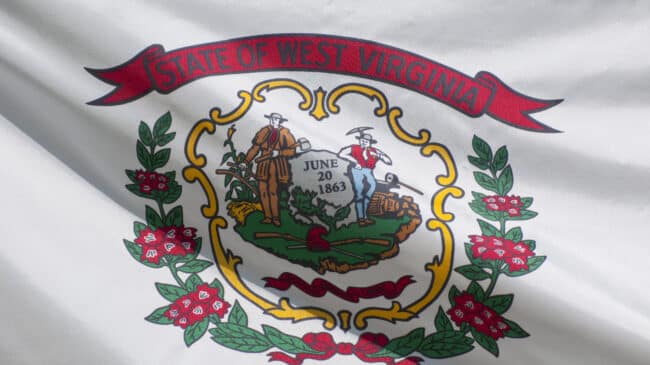West Virginia would pay more in federal cigarette taxes per capita than any other state under Congress’ new proposal to double the federal tobacco excise tax. The proposal, which made its way through its first congressional committee recently, would raise federal taxes on cigarettes to $2.10 a pack. It would also set similar tax rates for e-cigarettes, and hike taxes on smokeless tobacco by 1,677%.
Some Democrats in Congress claim the increased taxes would raise nearly $100 billion over the next 10 years and they plan to use the revenue to help fund their proposed $3.5 trillion reconciliation spending package.
Although higher cigarette taxes can lead to less smoking, the economic and public health implications of such a tax increase would be complicated for states like West Virginia. To start, the Mountain State has one of the highest rates of poverty in the country and the burden of increased cigarette taxes would fall heavily upon the state’s low-income residents. A pack-a-day smoker in West Virginia is currently paying about $1,200 a year in cigarette taxes and doubling the federal tax would increase their burden by $392 a year. This would come on top of inflation, which has already reduced family income in the state by $1,000 this year according to Harvard economist Jason Furman, a former Obama administration chairman of the Council of Economic Advisors.
It seems the proposal would also contradict President Joe Biden’s campaign promise to not raise taxes on individuals making less than $400,000 a year. In fact, 72 percent of smokers come from lower socio-economic communities, according to the nonprofit anti-smoking group the Truth Initiative.
According to the latest National Survey on Drug Use and Health, in 2019 West Virginia had the highest rate of smoking in the country. Public health experts may argue that this is exactly why the state has the most to gain from a higher cigarette tax. While some smokers would quit due to the higher taxes, many would not and the tax would disproportionately affect West Virginia’s lower- and middle-income individuals.
Furthermore, by taxing e-cigarettes and vapor products at high rates, the tax proposal could also undermine public health by preventing smokers from seeking safer alternatives to cigarettes. Research published by the American Medical Association shows that the majority of the toxic chemicals found in smokers that lead to cancer disappear after they completely switch to e-cigarettes, making e-cigarettes a much safer alternative to conventional cigarettes. In fact, research published by The BMJ estimates that there would be 6.6 million fewer premature deaths in the United States if cigarette smokers completely switched to e-cigarettes over the next 10 years. But the proposed bill would tax nicotine vapor products at the same rate, or higher, than cigarettes, which actually may lead to more smoking, as has already happened in Minnesota after a similar tax hike on vaping products.
If Congress actually wants to help West Virginia achieve better public health outcomes, it should look to increase access to safer smoking alternatives like e-cigarettes and heated tobacco products. Vaping products can reduce the harms of smoking and positively benefit public health.
President Biden promised that he would not increase taxes on Americans making less than $400,000 a year, but increasing the federal excise tax on cigarettes will disproportionately increase the tax burden among West Virginia’s economically disadvantaged residents. And by taxing vapes and other products that are safer alternatives to traditional cigarettes, the proposed tax increase would fall short of improving public health outcomes in meaningful ways.
As Democrats in Congress, including Sen. Joe Manchin from West Virginia, debate the price tag of their proposed reconciliation bill, they should abandon a tobacco tax increase that would disproportionately put the burden of paying for the federal spending on the backs of low- and middle-income individuals in West Virginia and around the country.

